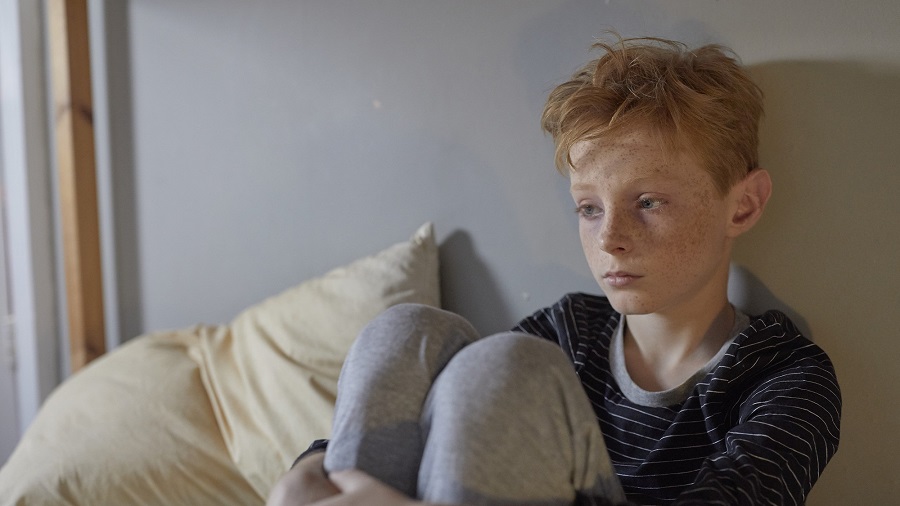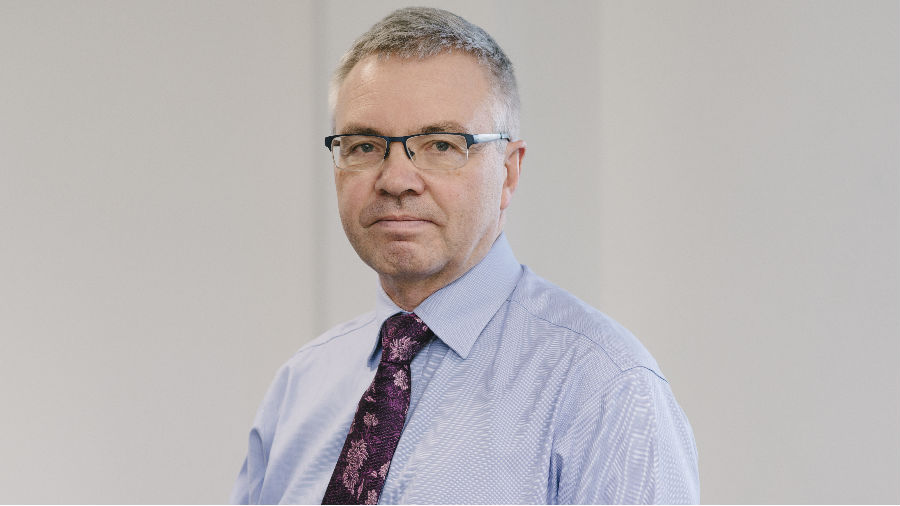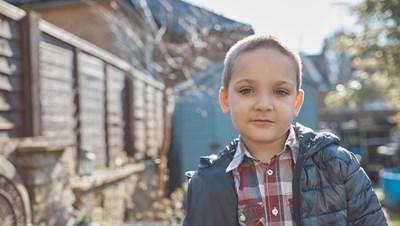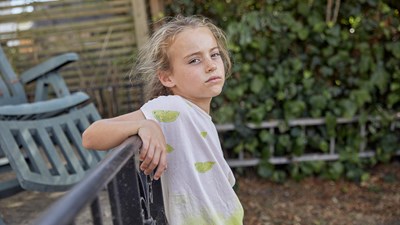A record number of adults concerned about children called the NSPCC helpline in the last 12 months, with adults' health and behaviour the top concern.1

The pandemic has increased the risks of abuse and neglect, with children both more vulnerable and out of sight of people who can keep them safe.
This has been reflected by our helpline service, which has received nearly 85,000 contacts from April 2020 to March 2021, a 23% increase on the previous year. Out of these calls, 47% led to a referral to an external agency, such as the police or children’s services.
The top concerns reported to our helpline during this time were:
- adult health and behaviour (including worries about parental alcohol and substance misuse, domestic abuse and parental mental health), which increased 42% to more than 20,400 contacts
- neglect, which increased 15% to more than 12,800 contacts
- physical abuse, which increased 18% to more than 12,600 contacts
- emotional abuse, which increased 40% to more than 11,600 contacts.
With most children back in schools, the hidden harms they experienced during lockdowns will become more visible.
The government must now invest in a positive future for children by making sure catch-up plans go beyond just education. In the short term, the harm and trauma children may have faced in the past 12 months must be addressed. Governments need to also use this opportunity to invest in keeping children safe in the future too.





